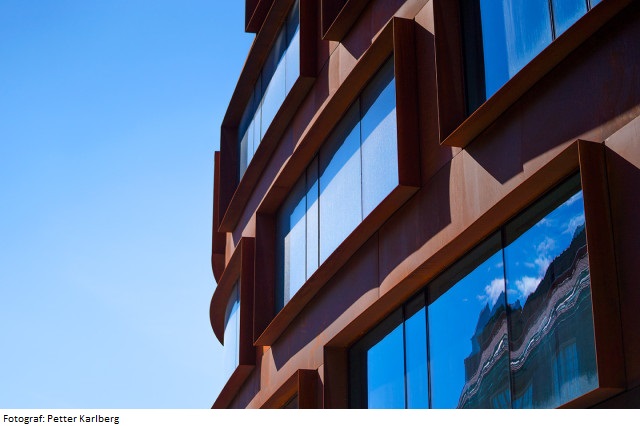The degree project is the concluding work in a two-years master’s education. Following the completion of a sequence of urban design studios and theoretical courses that have covered a broad range of topics, the project is undertaken in the 4th semester of the program. Particular emphasis is placed upon questions of sustainability and resilience which form the core of the program. The master’s thesis work is structured around the process of practice-led research.
During the fall semester, before the start of the thesis work, students develop a thesis booklet of 10-15 pages, supported by a series of thesis booklet seminars, containing:
a working title and an abstract of ca. 300 words describing the theme of the planned project;
a research question;
an overview of the theories, practices and methods that will be applied and developed in the thesis;
an overview of the context that the thesis is set in (site, situation: stakeholders, political agenda, conflicts, etc.);
a preliminary program for the project;
1-3 reference projects; and
a step-based agenda for the project and a time schedule for the 20 weeks/ 100 days of thesis work.
The thesis booklet is obligatory for registration in the Degree project in Urban Planning and Design. During the degree project course, students work independently with regular tutoring meetings with their thesis supervisors. The work process is structured around three seminars: the midterm critique with guest critics, the “green light” seminar approximately two weeks before the examination, and the examination with international guest critics at the end of the term.
The aim of the degree project course is to support students in conducting an independent subject area in the field of Urban Design where they apply and further develop the knowledge, design skills and methods gained from previous courses within the Sustainable Urban Planning and Design program. The design-based degree project addresses contemporary urban concerns. The students define their research questions, formulate a design task, identify theories appropriate to arguing their case(s) and methods for conducting their project; they develop responses to their identified tasks. A degree project demonstrates professional maturity when the student is able to:
acknowledge the complexity of sustainable and resilient urban design approaches by taking into account various scales (physical as well as policies, forms of organization, incentives, planning laws and procedures, etc. and the influence of these factors on personal lifeways and the built environment), and ecologies of the environmental, the social and the mental, as well as the political and aesthetic dimension of urban design approaches, in the formulation of their research questions and design tasks;
handle wicked problems and develop and reflect upon relevant methodologies and design techniques;
develop sustainable skillsets using theory and methods;
address alternatives to current mainstream development paths in their design proposals;
respect ethical concerns;
adopt an intersectional perspective of power analysis;
evaluate and reflect upon the implications of the degree project and the knowledge that has been acquired during the work process; and
communicate and present the project to a jury, clearly demonstrating acquired knowledge, architecture and urban design skills and abilities.
The thesis work is assessed by external critics, supervisors and the examiner based on the following questions:
Motivation, standpoint: What notion of sustainability does the thesis put forward? Does the thesis contribute to a contemporary urban discourse on sustainability?
Concept and originality: Does the thesis show an experimental approach to architecture and urban design, and does it innovate our thinking within the field of sustainable urbanism?
Critical thinking: Is the thesis a self-driven and independent work?
Theory and method: Does the thesis show the ability to handle theory and method critically? Does the thesis contribute to the development of methods and processes for the field of Sustainable Urban Planning and Design?
Form, design, presentation and communication: How comprehensively and skillfully is the thesis communicated conceptually and visually?
